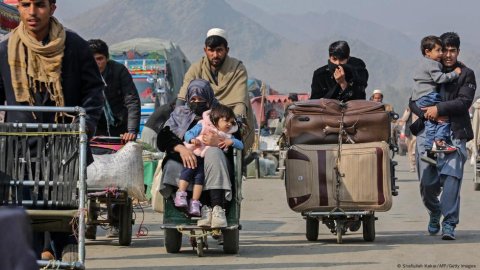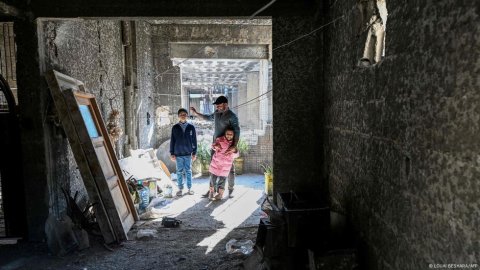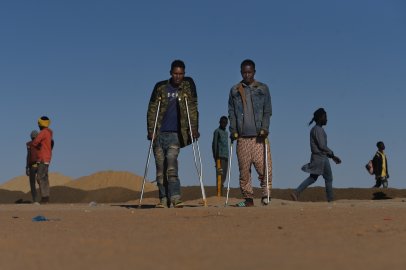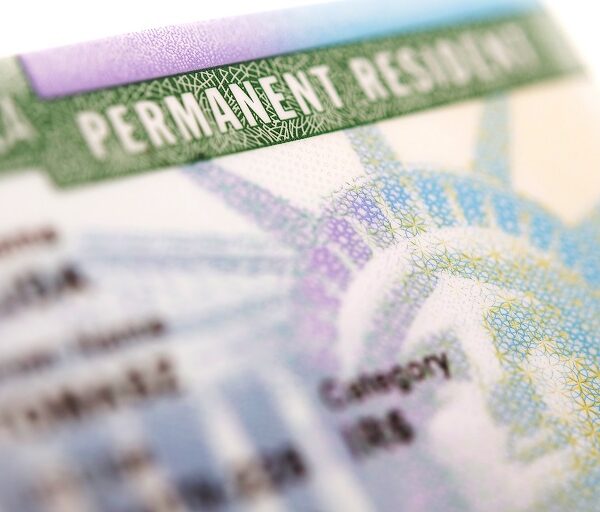Introduction
In recent times, Pakistan has witnessed a significant increase in tensions surrounding its Afghan migrant population. In a sweeping crackdown on undocumented migrants, the Pakistani government has expelled thousands of Afghans, raising concerns over human rights violations and the well-being of vulnerable populations. This article delves into the implications of these actions and examines the broader context of migration in the region.
The Context of the Crackdown
The expulsion of Afghan migrants from Pakistan is not a new phenomenon. For decades, Afghanistan has experienced conflict and instability, prompting millions of Afghans to seek refuge in neighboring countries, particularly Pakistan. However, the recent surge in expulsions can be attributed to a mix of political, economic, and security factors.
Political Climate
The political landscape in Pakistan has shifted dramatically in recent years. With the rise of nationalism and a focus on internal security, the government has intensified its scrutiny of foreign nationals, particularly those from Afghanistan. Officials have justified the crackdown by citing concerns over crime, terrorism, and the strain on public resources.
Economic Pressures
Pakistan’s economy has been under severe strain, exacerbated by the COVID-19 pandemic and ongoing inflation. The government faces mounting pressure to manage dwindling resources, which has led to a more stringent stance on migration. Afghan migrants, who often work in low-paying jobs, are seen as a burden on the already fragile economy.
The Impact on Afghan Migrants
The expulsion of Afghans from Pakistan has far-reaching consequences for individuals and families who have sought refuge in the country. Many have fled persecution, violence, and poverty, and their return to Afghanistan poses significant risks.
Human Rights Concerns
The manner in which the Pakistani government has conducted these expulsions raises serious human rights concerns. Reports have emerged of arbitrary detentions, mistreatment, and inhumane conditions in holding facilities. The United Nations and various human rights organizations have condemned these actions, emphasizing the need for Pakistan to uphold its international obligations to protect refugees.
Risks of Repatriation
For many Afghans, returning to their home country is fraught with danger. Afghanistan remains unstable, with ongoing violence from various factions, including the Taliban. The lack of safety and the ongoing humanitarian crisis make repatriation a perilous option. As a result, many Afghans face a difficult decision: return to a hostile environment or risk further persecution in Pakistan.
International Response
The international community has expressed concern over Pakistan’s actions and the plight of Afghan migrants. Various humanitarian organizations are advocating for greater support for those affected by the crackdown, calling on the Pakistani government to adopt a more humane approach.
Calls for Protection
There have been calls for Pakistan to provide legal protections for Afghan migrants and to allow them to seek asylum rather than facing expulsion. Humanitarian organizations argue that a comprehensive approach is necessary to ensure the safety and dignity of vulnerable populations.
Regional Dynamics
The situation in Pakistan also has implications for regional stability. As Afghan migrants are expelled, neighboring countries must grapple with their own migration policies and the potential influx of displaced individuals. Countries in the region are encouraged to collaborate on addressing the challenges posed by displacement and to support Afghan refugees in a more coordinated manner.
Looking Ahead
As tensions continue to rise, the future of Afghan migrants in Pakistan remains uncertain. The government’s crackdown raises critical questions about the treatment of refugees and the responsibilities of host nations.
Policy Recommendations
To address the ongoing crisis, several policy recommendations can be made:
Conclusion
The expulsion of thousands of Afghans from Pakistan is a distressing development that highlights the complexities surrounding migration in the region. As the political and economic landscape continues to evolve, it is crucial for both Pakistan and the international community to prioritize the protection and dignity of those seeking refuge. The future of Afghan migrants hangs in the balance, and a compassionate approach is essential to ensure their safety and well-being.







